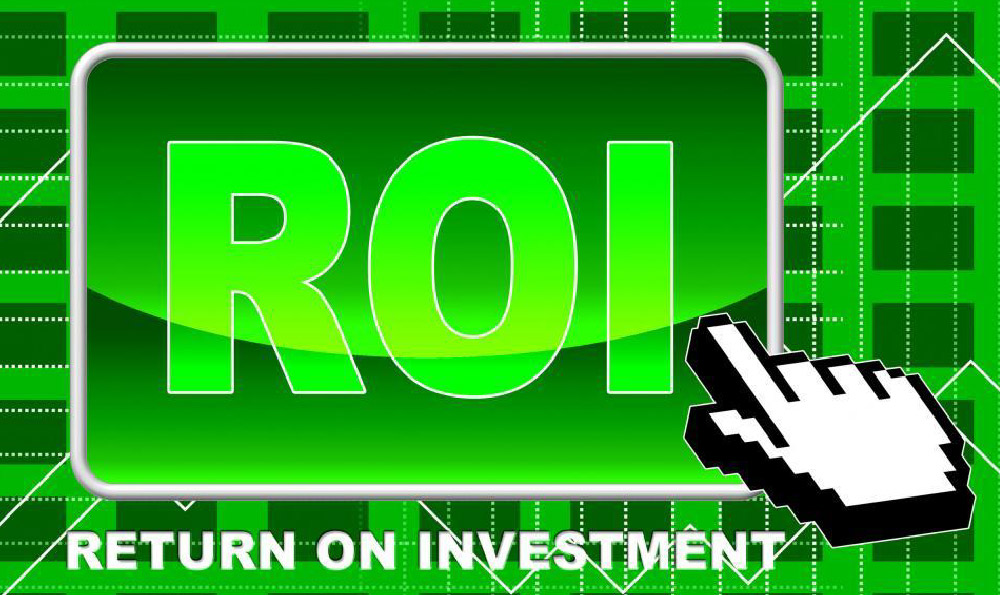Here's an article on podcasting, focusing on creation and monetization:
The world of podcasting has exploded in recent years, transforming from a niche hobby into a mainstream form of entertainment, education, and communication. The relatively low barrier to entry, coupled with the potential for significant reach and engagement, makes it an appealing platform for individuals and businesses alike. But launching a successful podcast and, more importantly, turning it into a revenue-generating endeavor requires careful planning, consistent effort, and a strategic approach.
At its core, podcasting involves creating audio content and distributing it online for listeners to download or stream. The technical aspects are readily accessible, with user-friendly recording software and hosting platforms available. However, merely recording your voice isn't enough. Success hinges on crafting compelling content that resonates with a specific target audience. This starts with identifying a niche. What unique perspective or expertise can you offer? Consider your passions, your skills, and the gaps in the existing podcast landscape. A well-defined niche allows you to attract a loyal listener base who are genuinely interested in your subject matter.

Content quality is paramount. A catchy intro and outro music can help, but the heart of any successful podcast is the information or entertainment it provides. Invest time in research, outlining, and scripting (even if loosely). Practice your delivery to ensure a clear, engaging, and conversational tone. Avoid rambling or filler words. Bring in guests for interviews to add variety and different perspectives. Structure your episodes with a clear beginning, middle, and end, ensuring a logical flow of ideas. Remember, listeners are investing their time, so make it worth their while.
Beyond content, production quality matters. Invest in a decent microphone to ensure clear audio. Edit your recordings to remove any mistakes, stutters, or background noise. Learn basic audio editing techniques to improve the overall listening experience. While perfection isn't necessary, a polished sound reflects professionalism and respect for your audience. There are many free and affordable software options available to help you achieve this. Audacity and GarageBand are excellent starting points for beginners.
Distribution is key to reaching a wider audience. Podcast hosting platforms like Libsyn, Buzzsprout, and Podbean provide the infrastructure to store your audio files and generate an RSS feed, which is then submitted to podcast directories like Apple Podcasts, Spotify, Google Podcasts, and Stitcher. Optimize your podcast description and episode titles with relevant keywords to improve search visibility. Promote your podcast on social media platforms, engage with your listeners, and encourage them to subscribe, rate, and review your show. Cross-promotion with other podcasters in your niche can also significantly expand your reach.
Once you've built a consistent audience, the question becomes: how do you monetize your podcast? Several avenues are available, each with its own advantages and disadvantages.
Advertising is the most common method. You can sell ad slots to companies or organizations that want to reach your listeners. The amount you can charge depends on the size and demographics of your audience. Podcast advertising networks can help connect you with potential advertisers. However, building a large enough audience to attract significant advertising revenue takes time and effort.
Affiliate marketing involves promoting products or services within your podcast and earning a commission on any sales generated through your unique affiliate link. This works best if you recommend products or services that are relevant to your podcast's topic and that you genuinely believe in. Transparency is crucial. Always disclose your affiliate relationships to maintain trust with your listeners.
Selling your own products or services is another viable option. If you have expertise in a particular area, you could create online courses, e-books, or coaching programs and promote them to your podcast audience. This allows you to directly monetize your knowledge and skills.
Creating premium content is a popular choice. Offer bonus episodes, ad-free versions of your podcast, or exclusive content to subscribers who pay a monthly or annual fee. Platforms like Patreon allow you to easily manage subscriptions and offer various tiers of benefits to your supporters. This model fosters a closer relationship with your most dedicated listeners.
Donations are a simple way to receive financial support from your audience. You can use platforms like PayPal or Buy Me a Coffee to allow listeners to easily donate to your podcast. While donations may not generate substantial revenue, they can provide a supplementary income stream.
Live events and workshops offer another opportunity to engage with your audience and generate revenue. Host live podcast recordings, workshops, or conferences related to your podcast's topic. This allows you to connect with your listeners in person and build a stronger community.
Monetization is not an overnight process. It requires building a loyal audience, providing consistent value, and experimenting with different revenue streams to find what works best for you. Focus on creating high-quality content that your listeners love, and the monetization opportunities will follow. Remember to be patient, persistent, and adaptable. The podcasting landscape is constantly evolving, so stay informed about new trends and technologies. Building a successful and profitable podcast is a marathon, not a sprint.












